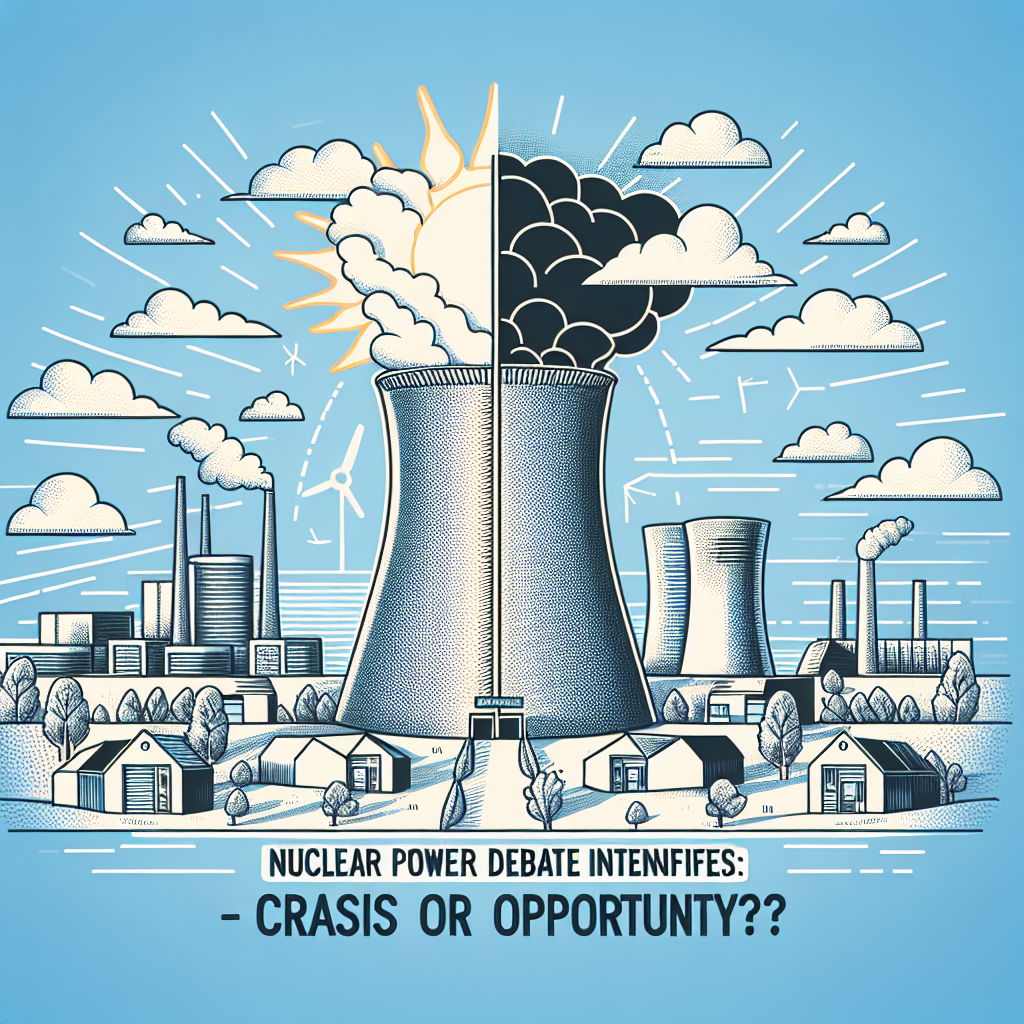When ‘nuclear’ gets dropped into conversation, it tends to stir up a certain unease. This gravitational pull towards apprehension has been shaped over decades of debates around nuclear power that have polarized public opinion into two categories – those who see it as a ticking bomb, and those who view it as an untapped goldmine.
Culinary Tradition
The argument everyone is missing here revolves around something far more universal than scientific reports or political ideologies – our food. Yes, you heard that right! Our exploration today navigates uncharted waters; where energy policy intersects with morsels on our plate.
Cultural Roots
To understand this correlation between nucleation and nutrition; let’s dig into history. When Chernobyl erupted in 1986, it affected not just human health but agricultural produce too. Ukrainian cuisine largely suffered due to land contamination leading to inevitable modifications in traditional recipes.

Modern Evolution
In Japan post-Fukushima disaster; fish was no longer seen merely as sushi ingredient but also potential radiation carriers forcing domestic seafood consumption to decline drastically until safety assurance could be provided again.
Key Ingredients
,
This shift directly influenced key ingredients used across culinary cultures once seen invincible against changes beyond gastronomic preferences.
Preparation Methods,
We’ve observed drastic evolution in handling and preparing foods from contaminated regions starting from vigilant sourcing all the way to comprehensive testing of final dishes.
Cultural Significance
,
The connection between food and nuclear energy is not restricted to incidences of disaster. For instance, the proliferation of pre-packaged meals in mid-20th century America can be directly linked back to advancements in radiation technologies.
Contemporary Trends
,
Today, nuclear-themed restaurants popping up across Asia illustrate a unique acceptance and incorporation of our atomic age into daily life. These places serve ‘radioactive’ cocktails or sushi rolls named after isotopes; bringing a certain dark humour into dining experiences.
Expert Perspectives
,
In this divisive debate, even food experts maintain divided opinions. Some argue that modern cuisine has adapted well under this atomic influence while others assert loss of culinary authenticity due to forced evolutions incited by nuclear developments.’
Personal Experiences‘Having tasted my fair share of both traditional plates and their post-nuclear adaptations – I’ve felt an underlying resistance against accepting these changes as mere culinary evolution. Why should there be an element of underlying fear in our food choices?’ asks Taylor invoking deeper reflections upon readers.Cultural Preservation,,<'The tides are changing with environmentalists promoting sustainable farming practices trying hard at preserving agricultural integrity but it's only possible when we accept how deeply-rooted such external influences like energy policies can affect our dinner table.' ends Taylor on a thought provoking note urging us all to take personal responsibility for global movements impacting more than just power grids or political landscapes.'

